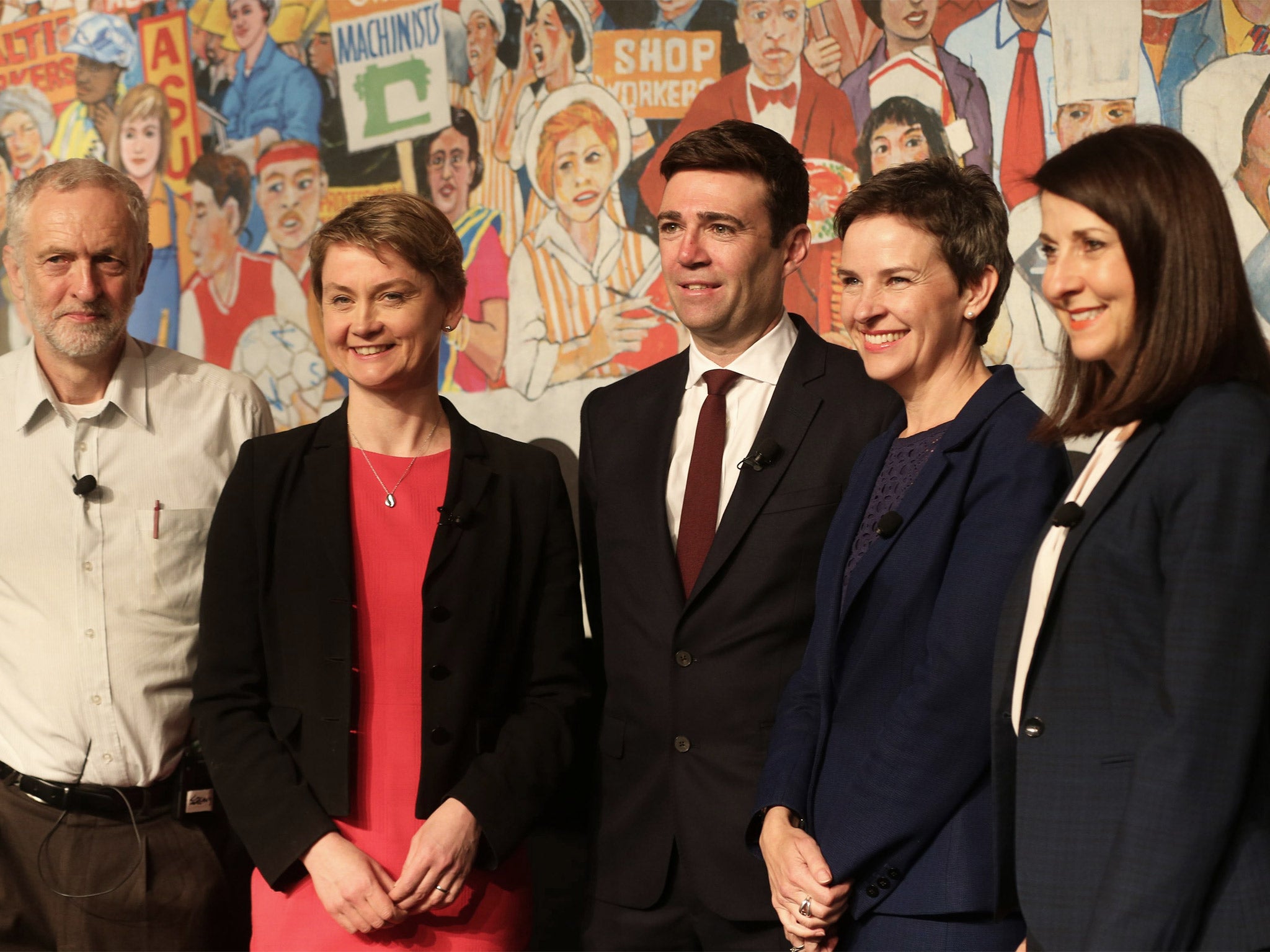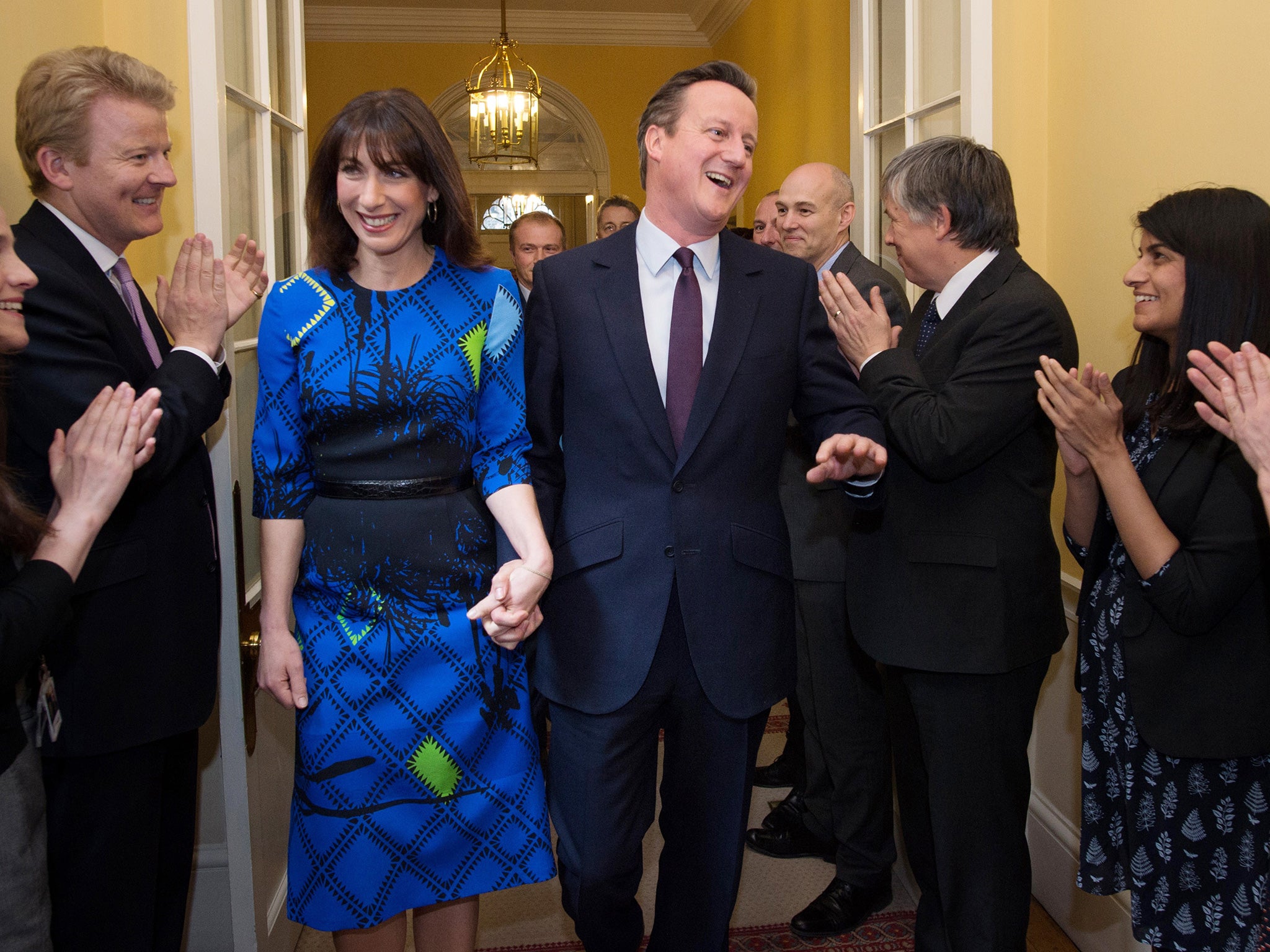Here's why I'll be marching against austerity – and why you should ignore the right-wing critics
We need to demonise austerity as effectively as the Tories have benefits 'scroungers'

Your support helps us to tell the story
From reproductive rights to climate change to Big Tech, The Independent is on the ground when the story is developing. Whether it's investigating the financials of Elon Musk's pro-Trump PAC or producing our latest documentary, 'The A Word', which shines a light on the American women fighting for reproductive rights, we know how important it is to parse out the facts from the messaging.
At such a critical moment in US history, we need reporters on the ground. Your donation allows us to keep sending journalists to speak to both sides of the story.
The Independent is trusted by Americans across the entire political spectrum. And unlike many other quality news outlets, we choose not to lock Americans out of our reporting and analysis with paywalls. We believe quality journalism should be available to everyone, paid for by those who can afford it.
Your support makes all the difference.Hippies. Radicals. Anarchists. Sore losers. Today, the right-wing press' response to Britain’s biggest anti-austerity protest for years will be nothing if not predictable, especially if there's even a hint of violence for them to pounce on.
Of course, the real reasons why tens – if not hundreds – of thousands are turning out for Saturday's march are far more coherent and wide ranging than the smears would have you believe.
1. The effects of austerity (obviously)

Protesters will have been moved to action for various reasons, but what appears to unite the movement is the desire to defend society’s most vulnerable.
Today's march is about highlighting how homelessness, inequality and child poverty – which have risen for the last five years – will continue to increase. It's about how disabled people, women and other minorities look set to take another battering by the latest onslaught of cuts.
It's also how – in the name of solving a crisis created by the elite – the poorest will continue to be punished to such an extent that they cannot warm their homes, heat what meals they are given by food banks, or even feel capable of carrying on – resulting in funerals that they are unable to pay for.
A wealthy few has benefited from the "economic recovery", at the expense of minorities like the disabled. According to Dr Simon Duffy, Director of The Centre for Welfare Reform, this group were hit 19 times harder than the average person under the coalition.
But for the public to take note en masse, such statistics and stories must be repeatedly highlighted and linked to austerity.Demonstrations might not appear to change opinions in the short term, but the wider anti-austerity movement can use marches to reinvigorate their campaign.
To make this unfairness common knowledge requires momentum, numbers and hype, which is why such shows of strength are valuable, whatever critics claim.
2. Having a real opposition

During the last parliament, anti-austerity campaigners were labelled "deficit deniers", and exiled to the political sidelines. The groundwork for this formed five years ago, when the Tories set the terms of debate while the Miliband brothers scrapped to become leader of the opposition.
The subsequent battle for public opinion was inevitably won by the right, who used the deficit to frame cuts as a necessity, when in fact they were an ideological aim.
So who will lead Labour, and readdress this lack of balance? Jeremy Corbyn brings some variety, yet so far Labour's latest leadership contest has been a dismal excuse for a debate. All this does is leave the door open for another Tory narrative to dominate regardless.
However, through demonstrations like #EndAusterityNow, care and support for the vulnerable can be seen as the new necessity. It requires repetition, but while Labour squabble, the case that the world’s sixth richest country should not be so heartless still needs making.
A united campaign can put positive ideas on the agenda, like a living wage, a focus on equality and the need for more, not less, help for poorer students in education and training. Demonising austerity as effectively as the Tories have benefits "scroungers" and immigrants would be advisable, too.
3. The election

The recurring smear aimed at demonstrators will be that they reject democracy. “You don’t protest after an election”, they will say, conveniently failing to mention that this was the “most unfair result” in British history.
Voters did not give the Conservative manifesto a ringing endorsement. Indeed, you get the distinct impression that many were woefully misinformed – thanks in no small part to our biased media – about what five more years of austerity really means.
Instead, reluctant backing of the Tories by the few "super voters" was more a rejection of Ed Miliband’s personality and Labour’s bland "message" than any great enthusiasm for Tory policy.
So, while 24 per cent of the population’s support gives David Cameron a mandate under first past the post, it should not in any respectable democracy, and that needs to be shouted loud and clear.
Ultimately, though, austerity remains a hideous, ideological failure, which is why I am demonstrating – and why you should too.
Join our commenting forum
Join thought-provoking conversations, follow other Independent readers and see their replies
Comments